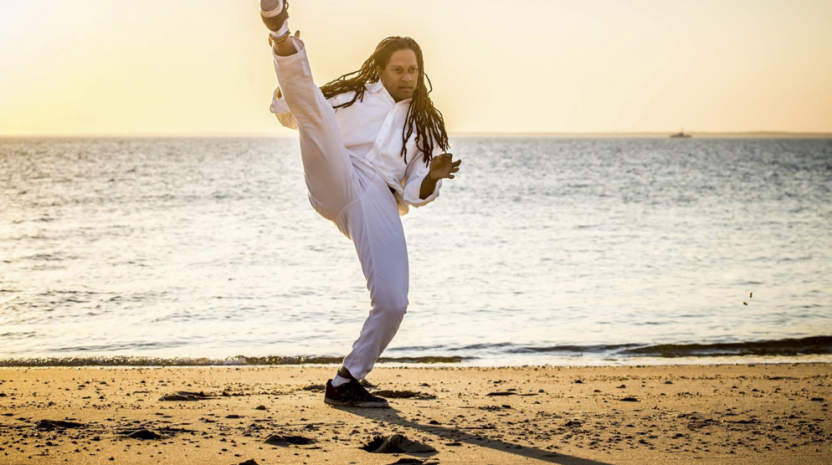
NEW HOPE, Pa. — Amidst the sudden rain downpour, I sat beside Kasey Sanders, also known as Contra-Mestre Baiano, in the Capoeira Morro Verde barn to learn about his capoeira journey. Without knowing him, I assumed he was a native Bahian—as his name indicates—but I was soon to find out his path was a lot more interesting than I imagined.
CM Baiano hails from Asbury Park, NJ and was first introduced to a style of training in 1992 by a friend, Craig Vega, who was well-versed in African martial arts (Kiungo Cha Mkono, “Shackled Hands”). He showed him a movement—similar to capoeira’s ginga, which involved movements with switching feet—that helped CM Baiano learn to confuse opponents in many martial arts competitions and win. It was not until 1997 that CM Baiano encountered Mestre Cigano to learn in his first class, and later in 1999 when he met Contra-Mestre Didi in Long Branch, NJ who instructed him in the Sol Nascente style. CM Baiano is affiliated with Mestre Romeo, Associação Brasileira Capoeira Sol Nascente, of which CM Baiano is a US representative.
Throughout the interview, I was impressed by CM Baiano’s quickness to answer my thought-provoking questions; coincidently he said is known for playing fast in the roda (the playing circle). When asked what his greatest strength was in capoeira, teaching children was his first pick. His upbeat spirit and love for kids was apparent as he embraced each of his three children as they randomly passed by.
CM Baiano continued to describe his biggest life lesson in capoeira as learning how “to be happy no matter what outside forces are pressing upon you; tapping into the ‘fountain of youth’ that capoeira gives forth.
“It is when I am smiling that I’m at my best,” says CM Baiano.
One of CM Baiano’s biggest influences (besides his mestre) is Contra-Mestre Gaivota, under Mestre Jorge from Capoeira Guerreiros. “He’s charismatic, direct, mean, but lovable, and a great teacher.”
Outside of capoeira, CM Baiano admires the innovators, people who change the standards through a message such as Stevie Wonder, Adele and Donny Hathaway.
Being youthful and optimistic does not distract CM Baiano from the struggle of African Brazilians. His favorite song that he wrote, “Nosso Capital,” highlights the blood spilled of Afro-Brazilians that led to the strong presence and influence of African culture in Bahia.
Not only does CM Baiano write music, but he is a multi-talented musician; namely, a drummer, a jazz pianist, and a singer. His favorite instruments are his voice and the berimbau.
“My favorite memory would be singing alongside Mestre Acordeon, Mestra Suelly, and just harmonizing together,” gleams CM Baiano.
CM Baiano will gather together with other capoeiristas at all costs: He once traveled by bus and bike for three days straight to get from Brasilia to Piai, Brazil, all in the name of capoeira.
CM Baiano doesn’t forget his humble capoeira beginnings, as he reminisces about his old capoeira videos where he captures his first impressions of what he thought capoeira was, as well as his progression throughout his capoeira career.
“’Arrogance’ is the biggest threat to capoeira, thinking ‘I’m the best and I’ll take anybody out’,” he says.
“What we as capoeiristas need is to create a space for more dialogue, where we can gather together to talk and exchange ideas.”
It was indeed a pleasure to get to know CM Baiano as more than a capoeirista, but as a pioneer who wants to tread new ground through music and conversation, so that capoeira can expand its horizons.
- Update 2016-09-26: Contra-Mestre Baiano has graciously provided Capoeira News Online with an expanded version of his history in capoeira. The article has been updated with this information.
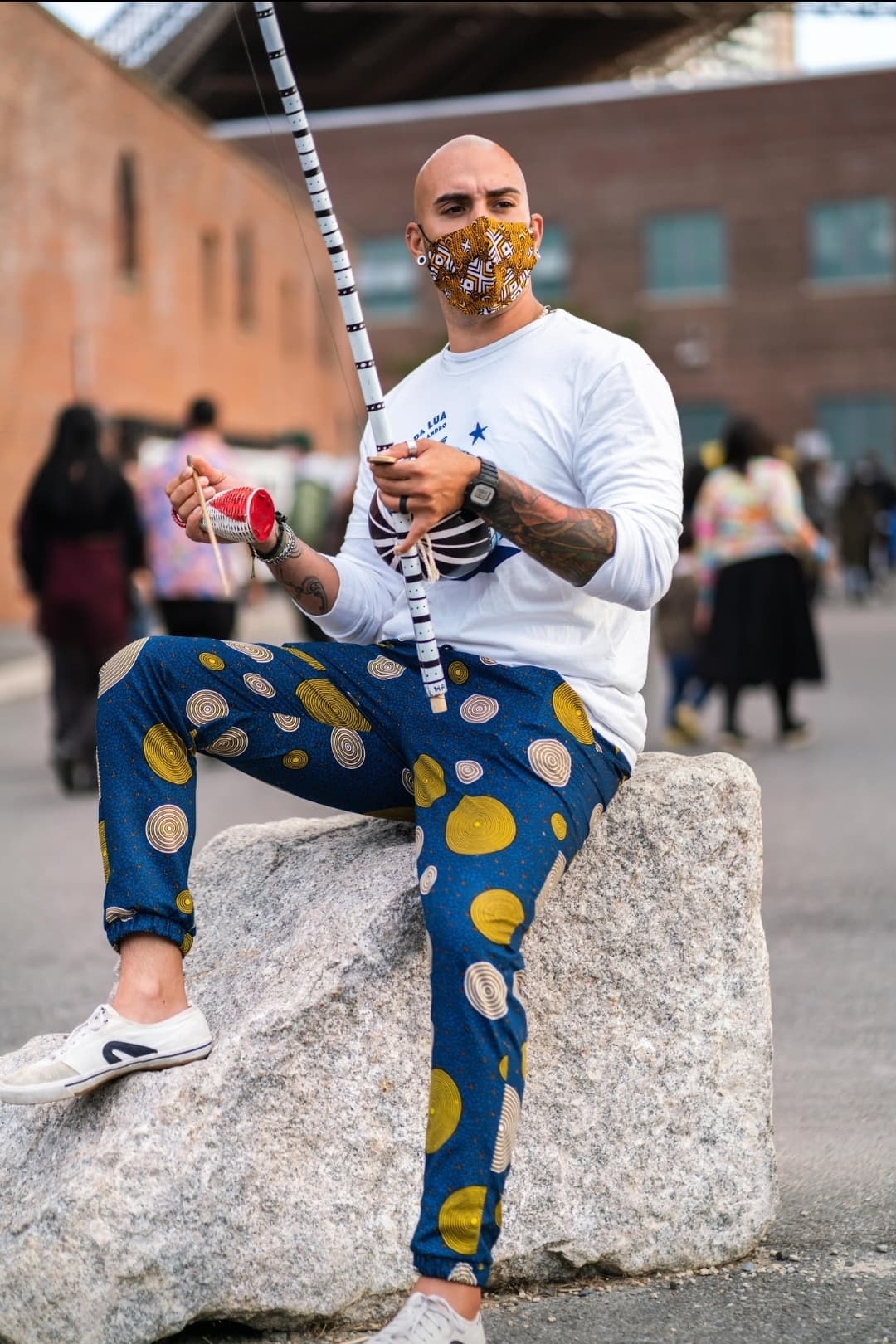
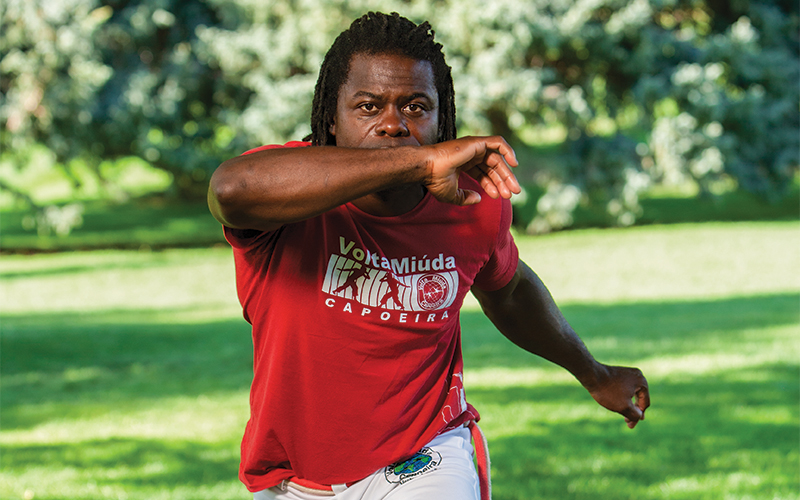
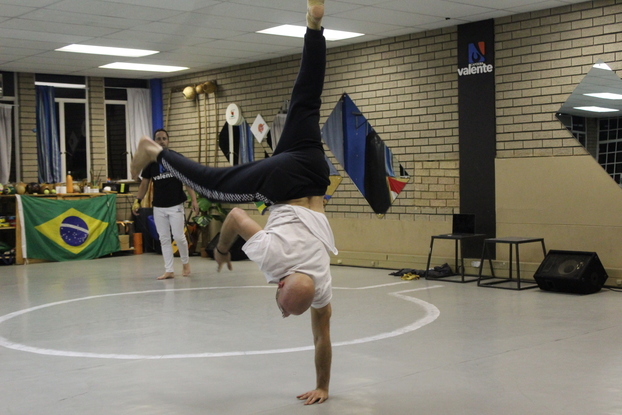
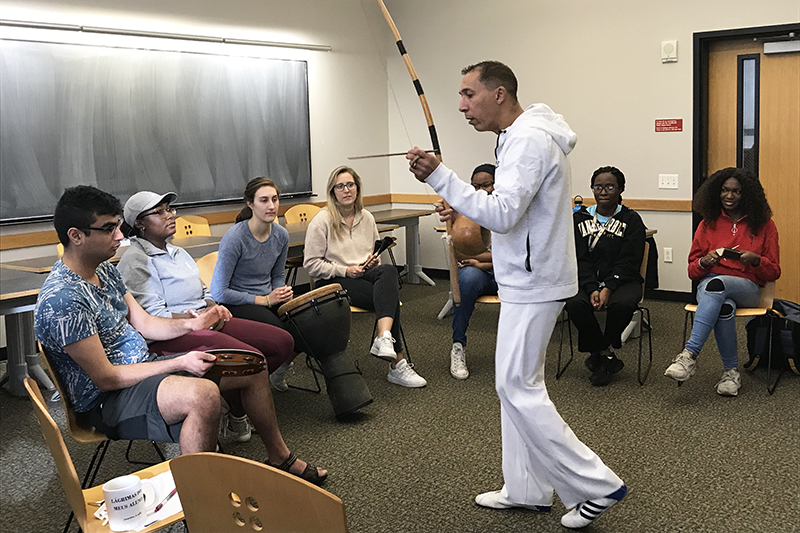
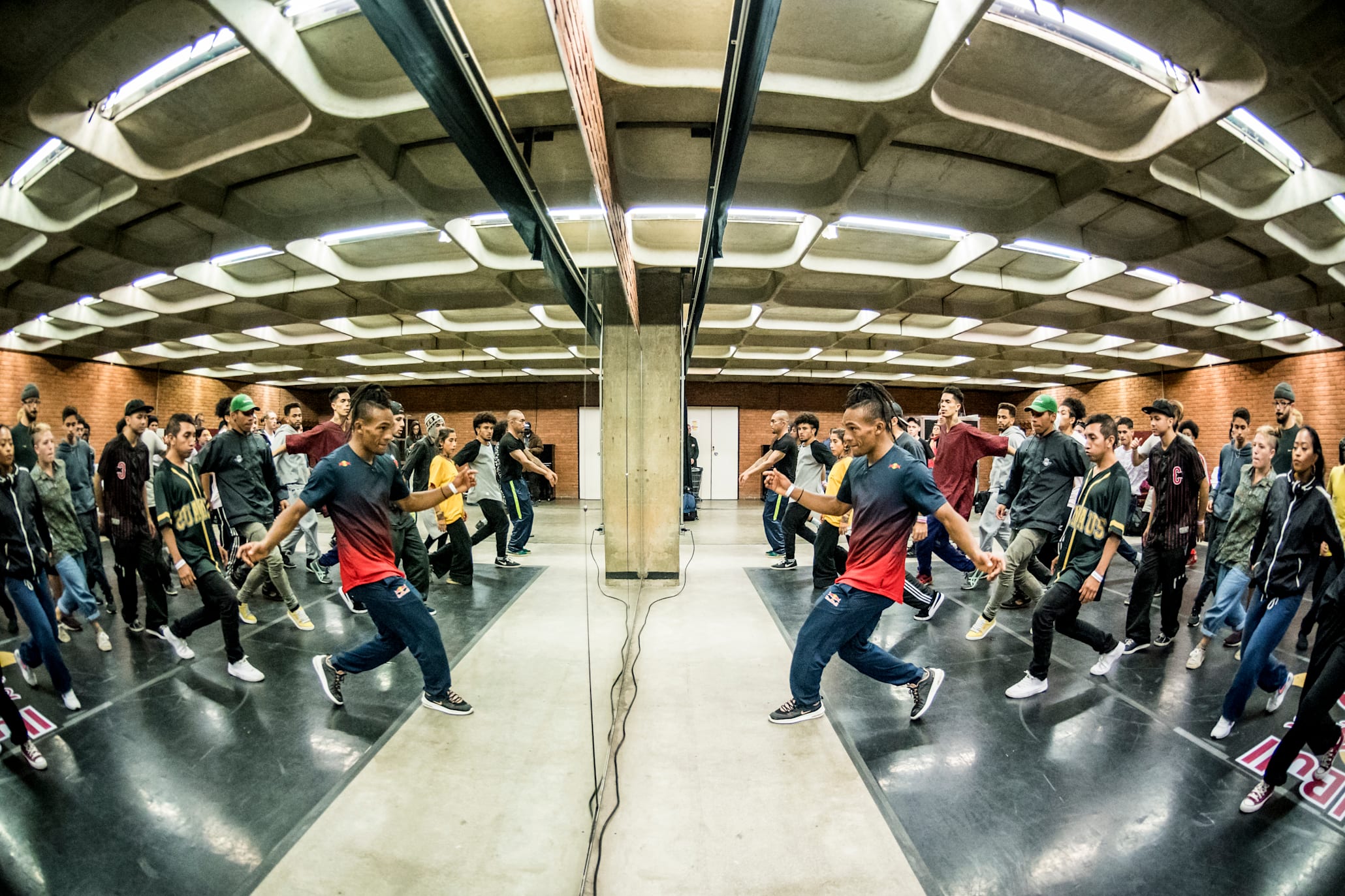

Share this post
Twitter
Google+
Facebook
Reddit
LinkedIn
StumbleUpon
Pinterest
Email